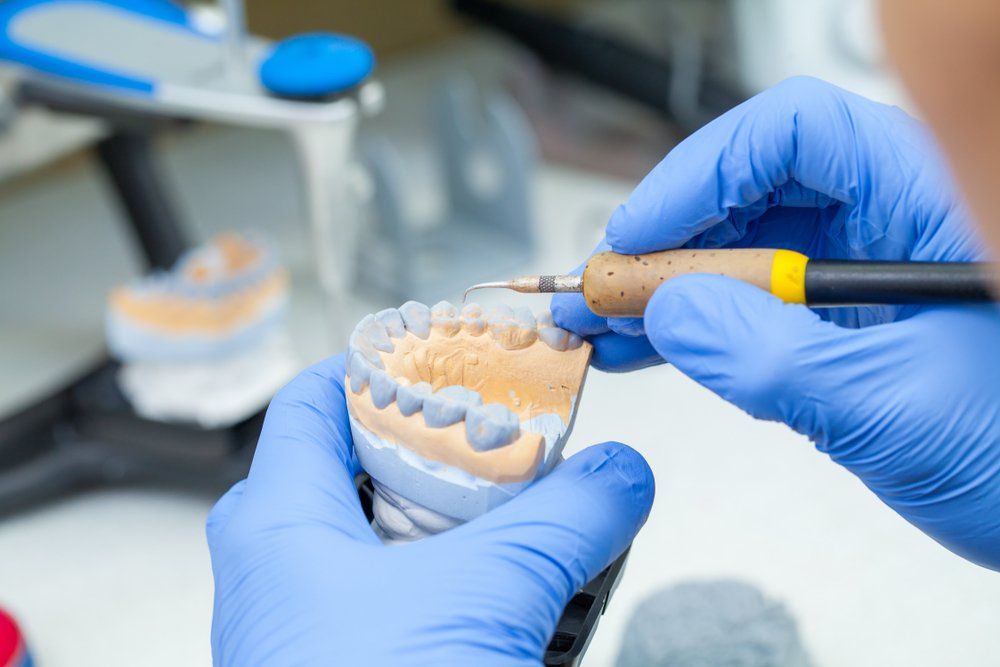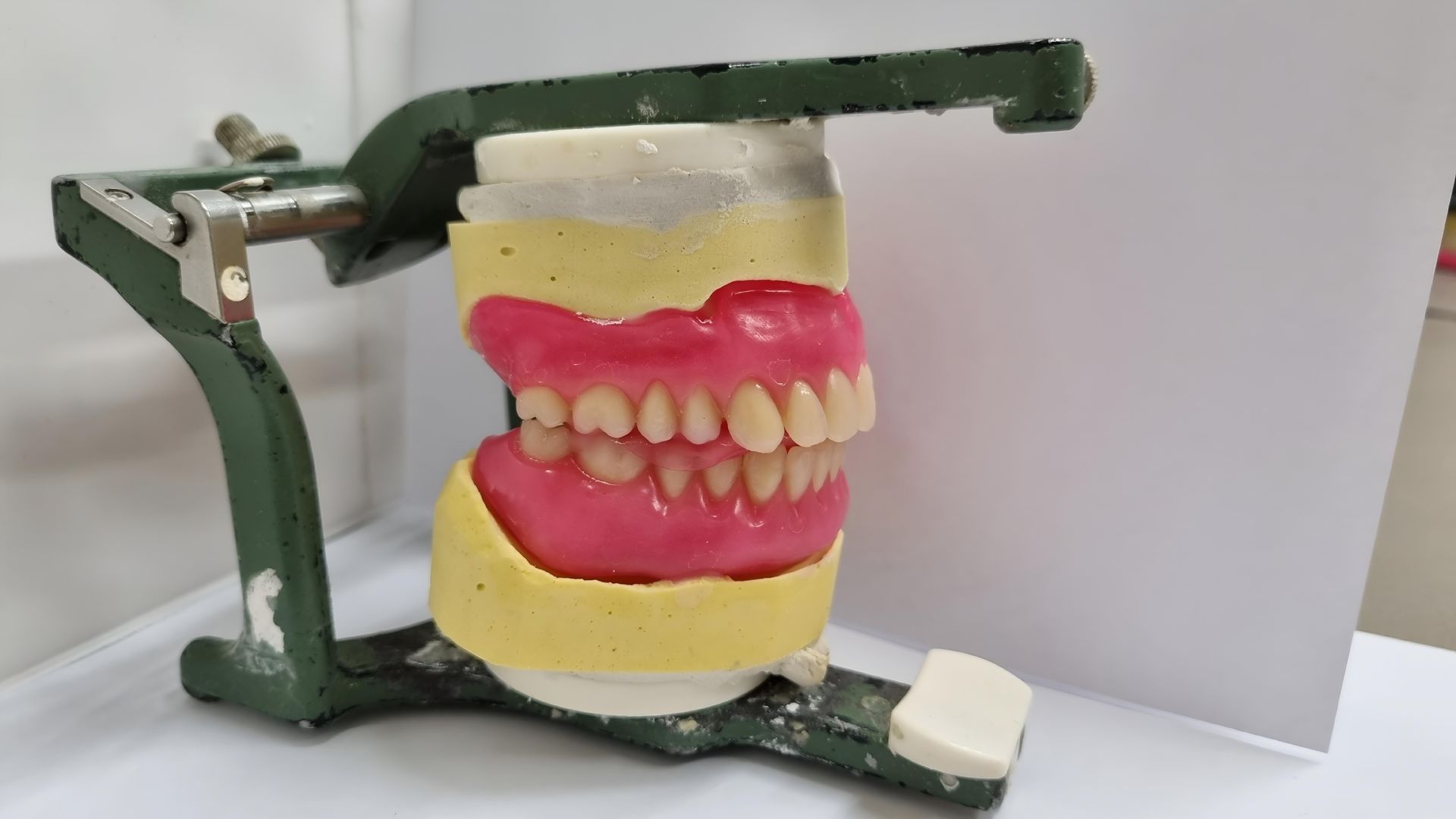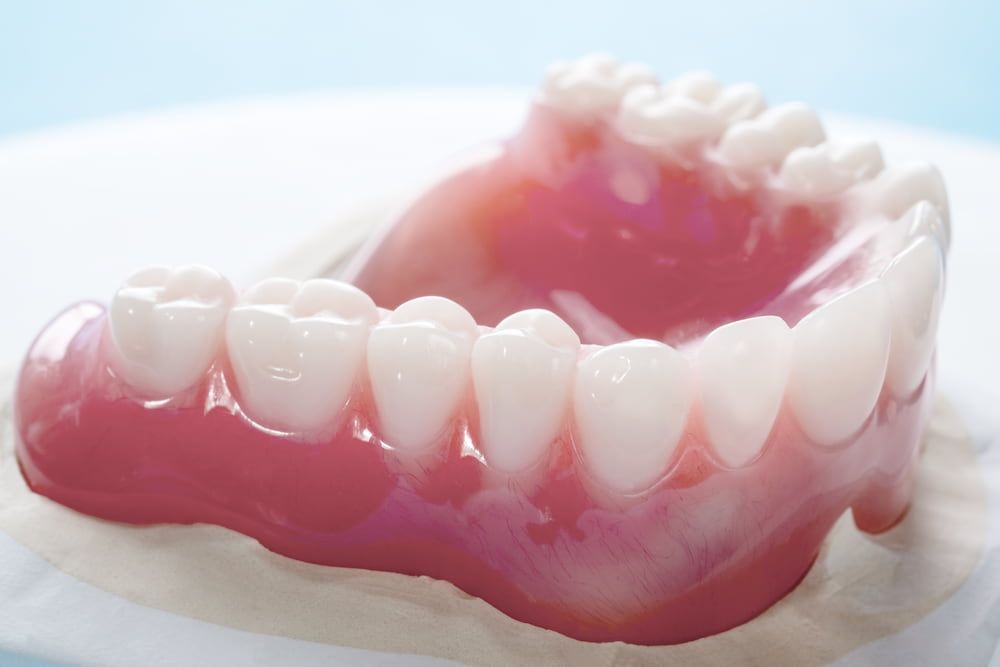How Long Do Dentures Last: 5 Signs It Is Time for a New Pair
Dentures are made to restore function and comfort, but they are not intended to last forever. Natural changes in the mouth and general wear over time can affect how they fit and perform. Knowing when to replace dentures is important for maintaining day-to-day comfort and oral health. While some signs may appear suddenly, many develop gradually, making them easy to overlook.
If you’re beginning to notice issues with your current dentures, it may be time to have them reviewed. Below are five common signs that might indicate it’s time to consider a new set.
1. Discomfort That Doesn’t Improve
Dentures are meant to sit comfortably and support normal activity such as speaking and eating. If you’re noticing persistent soreness or irritation, especially if adjustments have already been made, it could suggest a change in fit or wear in the denture material.
Signs to watch for include:
- Sore spots that keep coming back, even after using denture adhesive
- Gum tenderness or redness under the denture base
- A feeling of uneven pressure when biting down
- Pain while chewing or speaking
- Dentures that feel like they are slipping out of place
This kind of discomfort may be related to bone or gum changes, worn denture surfaces, or issues with the base structure. A consultation can help determine whether a repair is possible or whether new dentures may be needed.
2. Difficulty Chewing & Speaking
A key function of dentures is to support chewing and clear speech. If you find yourself avoiding certain foods or struggling with pronunciation, it might be due to changes in the way your dentures align or how they sit in your mouth.
These signs may include:
- Chewing takes more effort than it used to
- Food particles regularly get stuck beneath the dentures
- Slurred speech or difficulty pronouncing words clearly
- Clicking or whistling sounds while talking
- Needing to reapply adhesive multiple times a day
These changes don’t always mean your dentures are damaged. They might have shifted due to natural changes in the jawbone or oral tissues. When this happens, your bite can become misaligned, which may affect both comfort and function.
3. Visible Damage or Wear
Dentures go through constant motion and pressure, particularly during eating. Over time, this can result in wear, small cracks, or chips—even if they’ve been looked after carefully. Small damage can often be repaired, but advanced deterioration may affect their safety and stability.
Some of the visual and functional cues to be aware of:
- Hairline cracks along the denture base or teeth
- Chipped or worn-down tooth surfaces
- Uneven or rough edges that weren’t there before
- A dull or discoloured appearance despite cleaning
- Fractures near the clasps (for partial dentures)
Even if the damage seems minor, it can affect the fit and hygiene of the dentures. Worn surfaces may also increase the risk of friction or gum irritation. If repairs are no longer practical or possible, replacing the dentures might be a suitable option.
4. Changes in Your Face or Jaw Shape
The gums and bones that support dentures are not static. Over time, the underlying structure of your mouth can shrink or shift, especially if you’ve been without natural teeth for several years. These changes can affect not only how your dentures feel but also how they support the lower half of your face.
You might notice:
- A sunken or sagging appearance around your cheeks or lips
- A loss of definition in your jawline
- Wrinkles or folds appearing around the mouth area
- Dentures that no longer sit flush against your gums
- An uneven smile or difficulty keeping dentures in place
Even subtle changes can affect how dentures function. If they no longer provide enough support or change your natural facial expressions, it may be worth discussing whether new dentures would better suit your current needs.
5. Dentures Are 5–7 Years Old or More
Many people are surprised to learn that dentures are not intended to last a lifetime. Although quality dentures can hold up for several years with good care, most professionals recommend reassessment around the five-to-seven-year mark. This doesn’t necessarily mean replacement, but it’s an appropriate time to evaluate whether they are still working well.
Factors that may contribute to ageing dentures:
- Acrylic base material may weaken or warp with long-term use
- The bite alignment may shift gradually, affecting how you chew
- The tooth surfaces may wear down, altering your ability to process food
- Changes in your mouth shape may make adjustments less effective
- The denture colour may dull or stain despite cleaning
If your dentures are approaching or past this age, and you’re noticing some of the signs mentioned above, it may be helpful to have them professionally reviewed.
What to Expect When Replacing Dentures
Choosing new dentures isn’t just about replacing something old—it’s also an opportunity to improve fit and function. Advances in design and materials can often accommodate changes in your mouth and enhance day-to-day comfort. The process typically starts with an assessment to determine how your current set is performing and whether replacement or repair is more appropriate.
The replacement process can involve:
- A detailed examination of the mouth, gums, and bone structure
- Discussion of concerns or issues with your current dentures
- Measurements and impressions to customise the new set
- Several fittings to adjust comfort and alignment
- Guidance on maintenance and care for your new dentures
Some individuals also explore temporary solutions or repairs during the transition. If you are currently wearing older dentures, or if you’re unsure whether yours still fit correctly, it’s advisable to speak with a denture professional for personalised support.
Explore Your Options for Dentures in Caloundra
If you’ve started noticing discomfort, changes in fit, or visible wear in your current dentures, you’re not alone. These signs may suggest it’s time to consider a new pair or explore possible adjustments. The Denture Care Group Sunshine Coast offers support for denture repairs in Caloundra and fittings for new dentures in Caloundra tailored to individual needs. To learn more about available services, get in touch with us.







